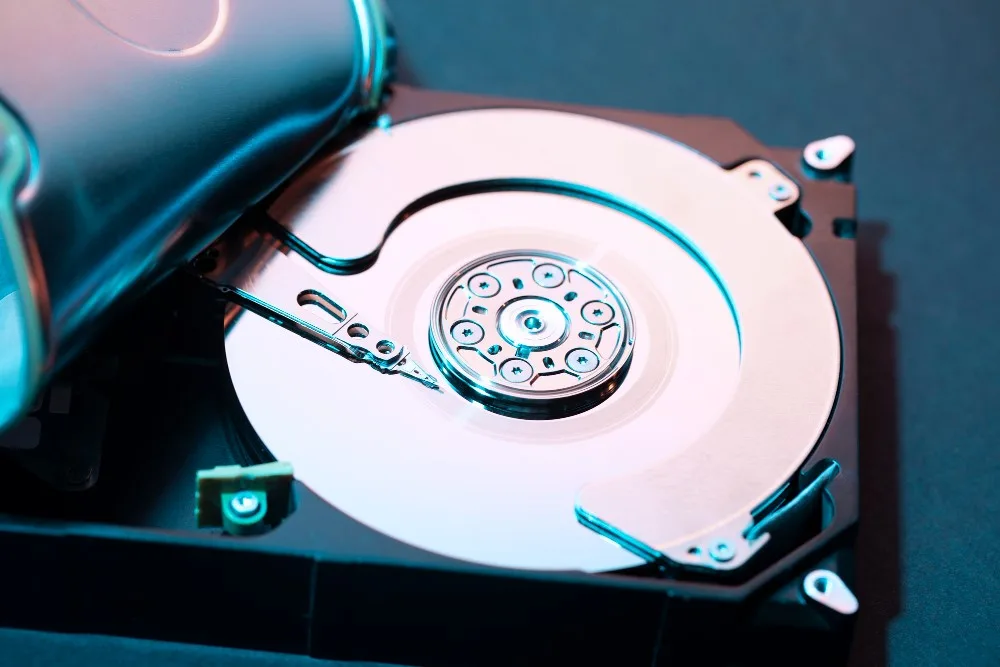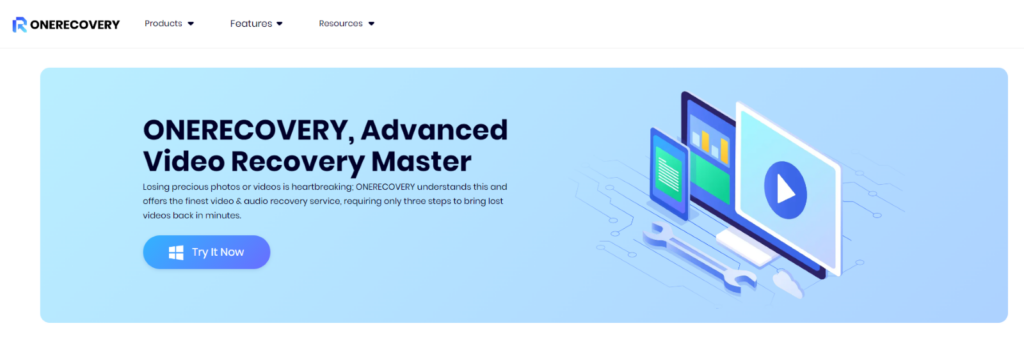
Have you ever experienced the heartbreak of losing precious videos that captured your most cherished memories? Whether it’s a wedding, a baby’s first steps, or a milestone birthday, these moments are invaluable and irreplaceable. But fear not, because video recovery is here to save the day and restore your lost memories.
In this article, we will unveil the secrets of video recovery and show you how to bring back your precious videos. From accidental deletion to formatting errors and corrupt files, we will guide you through the step-by-step process to recover your lost or deleted video files.
Common causes of video loss or corruption
Videos can be lost or corrupted due to various reasons, and understanding these common causes can help you prevent future mishaps. One of the most common causes is accidental deletion. It’s easy to mistakenly delete a video, especially when managing a large file collection. Another common cause is formatting errors. If you format a storage device without creating a backup, all the videos stored in it will be lost.
Corrupt files are another frequent issue. Corruption can occur due to software or hardware failures, viruses, or improper handling of the video files. Power outages or system crashes during video recording or transferring can also lead to incomplete or corrupt files. Finally, physical damage to the storage device can render the videos inaccessible.
To prevent video loss or corruption, handling your videos and storage devices with care is important. Always make backups of your videos by copying them to a separate storage device or uploading them to cloud storage. Regularly check the health of your storage devices and consider using reliable antivirus software to protect against viruses and malware.

Tools and software for video recovery
If you have accidentally deleted or lost a video, don’t panic just yet. There are several tools and software available that can help you recover your precious memories. One popular option is data recovery software. These programs are designed to scan your storage devices and retrieve deleted or lost files, including videos. Some well-known data recovery software include EaseUS Data Recovery Wizard, ONERECOVERY, and Stellar Data Recovery.

To use data recovery software, you typically need to connect the storage device to your computer and run the software. The program will then scan the device for recoverable files and present you with a list of results. You can preview the videos to ensure they are intact before proceeding with the recovery process. Keep in mind that the success of video recovery depends on various factors, such as the extent of data fragmentation and overwritten files.
Another option for video recovery is using specialized video recovery software. These programs are specifically designed to recover video files and often have advanced features for handling different video formats. Some popular video recovery software includes Wondershare Recoverit, Remo Recover, and Disk Drill. These tools can help you recover videos from various sources, such as cameras, smartphones, and memory cards.
Professional video recovery services
If you are unable to recover your videos using software or tools, or if the videos are of utmost importance, you may consider seeking professional video recovery services. These services are offered by specialized companies that have the expertise and equipment to recover data from damaged or inaccessible storage devices.
Professional video recovery services employ advanced techniques and cleanroom environments to ensure the highest chances of successful recovery. They can handle a wide range of video loss scenarios, including physical damage, water damage, and severe corruption. However, it’s important to note that professional video recovery services can be quite expensive, and the cost may vary depending on the complexity of the recovery process.
When selecting a professional video recovery service, it is essential to choose a reputable and trustworthy company. Look for reviews and testimonials from previous customers to gauge the quality of their service. Additionally, inquire about their success rates and the security measures they have in place to protect your data and privacy.
Best practices for preventing video loss
While video recovery methods can help you retrieve lost or deleted videos, prevention is always better than cure. By following some best practices, you can minimize the risk of video loss and ensure the safety of your precious memories. Here are some tips to help you prevent video loss:
Backup your videos: Regularly create backups of your videos and store them in separate locations. This can be done by copying the videos to an external hard drive, USB drive, or cloud storage service. Having multiple copies of your videos reduces the chances of permanent loss.
Handle storage devices with care: Treat your storage devices with care to avoid physical damage. Avoid dropping or subjecting them to extreme temperatures or moisture. Additionally, eject storage devices properly to prevent data corruption.
Use reliable storage media: Invest in high-quality storage media that are less prone to failure. Opt for reputable brands and avoid using cheap or counterfeit products. Consider using solid-state drives (SSDs) instead of traditional hard drives for better reliability and durability.
Keep your devices and software updated: Regularly update your devices’ firmware and software to ensure compatibility and security. Manufacturers often release updates that fix bugs and vulnerabilities, which can help prevent data loss.
Scan for viruses and malware: Use reliable antivirus software to scan your storage devices regularly. Viruses and malware can corrupt or delete your videos, so it’s important to keep your devices protected.
By following these best practices, you can significantly reduce the risk of video loss and ensure your precious memories are preserved for years to come.
Conclusion: Preserve your memories with video recovery
Losing precious videos can be devastating, but with the secrets of video recovery unveiled in this article, you now have the knowledge to restore your lost memories. Whether you choose to use data recovery software, specialized video recovery tools, or seek professional services, there are options available for every situation.
However, prevention is always better than recovery. By adopting best practices such as creating backups, handling storage devices with care, and keeping your devices and software updated, you can minimize the risk of video loss and protect your precious memories.
So, don’t let the fear of losing your videos hold you back from capturing and reliving your most cherished moments. Embrace the power of video recovery and ensure that your precious memories are preserved for generations to come.
